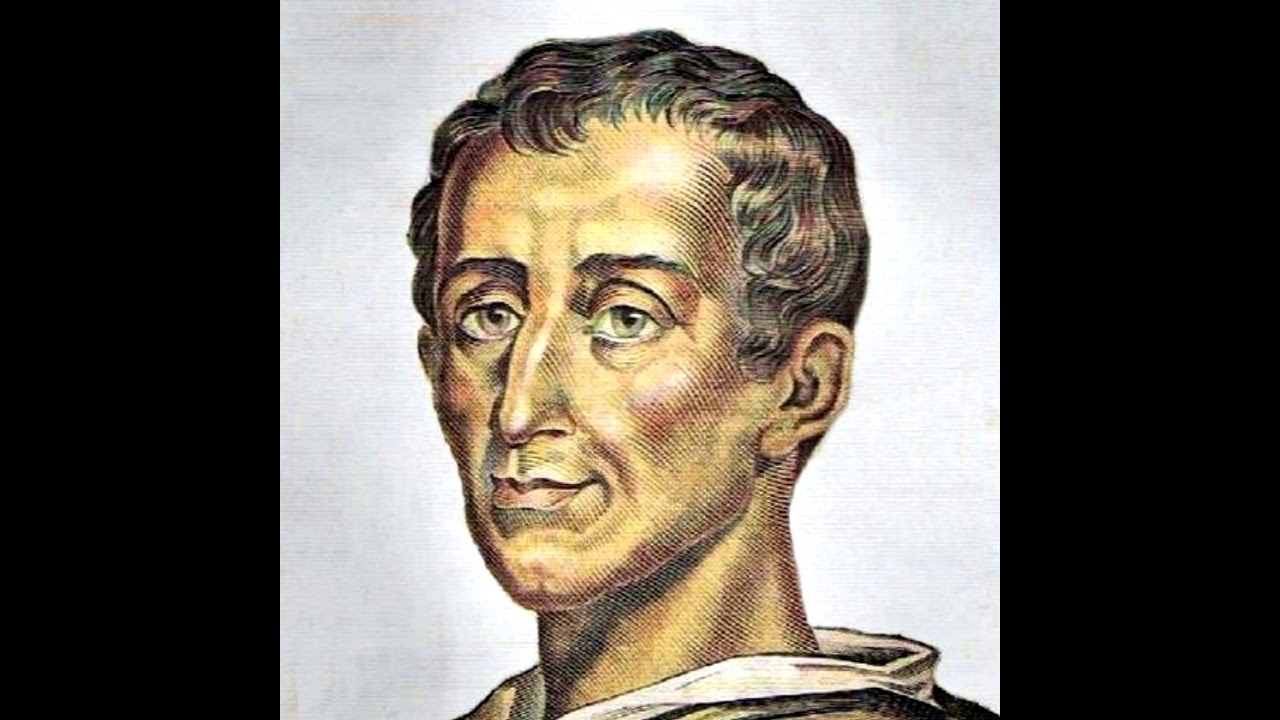Charles Montesquieu is the source of political and legal philosophy
Charles Louis de Secunda, known as Montesquieu,
- A French philosopher with the theory of separation of powers, which is adopted by the majority of the systems now.
Montesquieu was born in southwest France near Bordeaux in 1689, where he learned law and became a member of the 1714 Parliament
His works:
- In 1716 he had reflections on the causes of the greatness of the Romans and their degeneration, and published his sarcastic "Letters Persian" in 1721 and criticized the society and the regimes in Europe at the time.
- The book brought him fame and abundance and was the reason for acceptance to the French Academy of Sciences.
In 1734 he published a book entitled "Universal Property" which divided the peoples into North and South. He claimed that the difference in climate is the main reason for the difference between the people of the North and the peoples of the South.
- In 1748 Montesquieu published his most important books, The Spirit of Laws, in Geneva in 31 parts and became one of the most prominent references in political science.
His thoughts:
In his book The Spirit of the Two Laws, he explained the difference between three types of governance:
Ownership: The ruler inherits power
- Dictatorship: The ruler alone is ruled without legal limits and his rule is determined by the terror of civilians
- Republic: a system governing the people or their representatives
Montesquieu believes that the best system of government is the republican system, and he claims that every regime should strive to guarantee human freedom. Therefore, he likes to separate the authorities and maintain a balance between them:
Executive Authority
Legislature
Judiciary
- Montesquieu's theory has won many supporters in Europe and its principles influenced the Constitution of the United States of America, the Declaration of Human Rights and the Citizen and the constitutions of many democratic regimes in our time. However, Montexo believed that it was not permissible to move between different classes of society and did not see that the general public deserve to govern.


